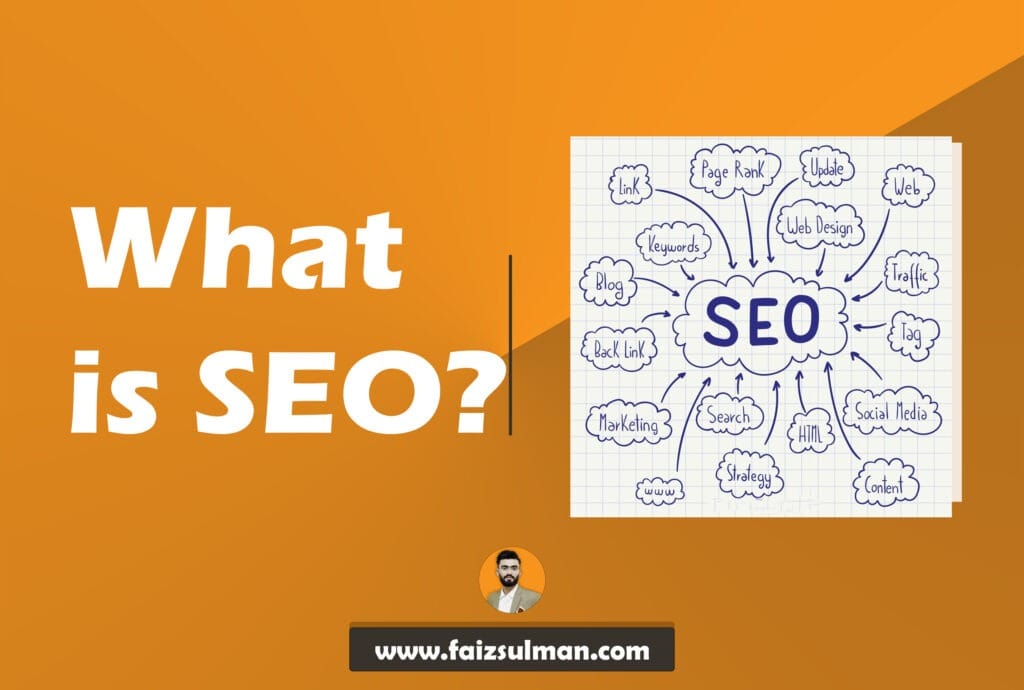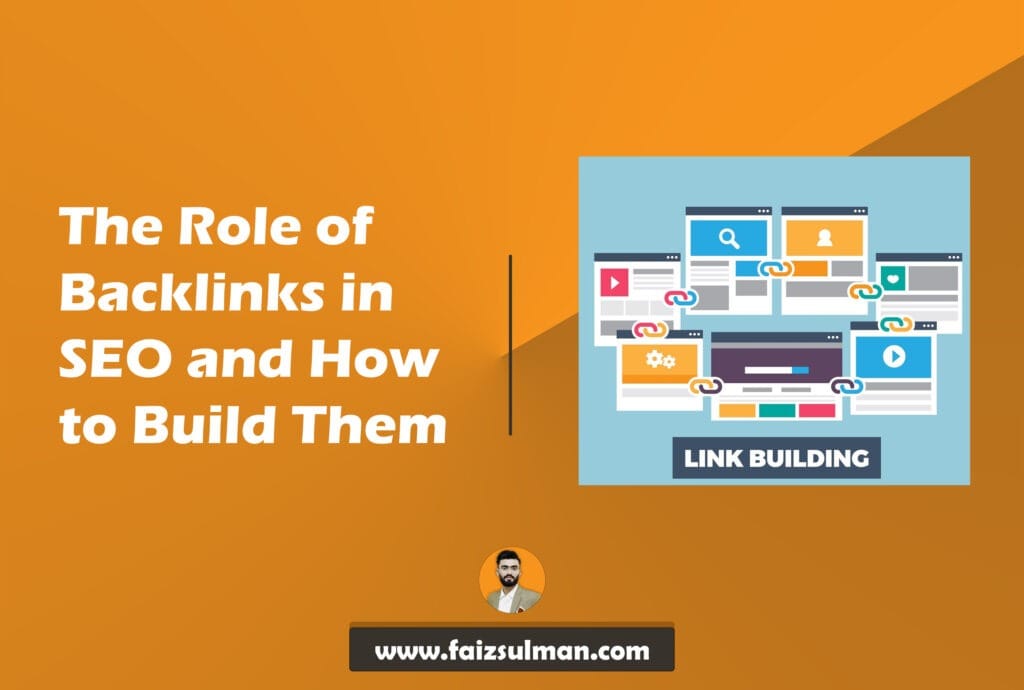The Beginner’s Guide to SEO in 2024


The Beginner’s Guide to SEO in 2024: Learn the Basics of SEO for Optimal Success
Search Engine Optimization (SEO) is the soul of online visibility. Whether you’re a small business owner, a marketer, or someone looking to grow your online presence, SEO in 2024 will remain essential. However, SEO is an ever-evolving field, with new updates, algorithms, and strategies.
In this beginner’s guide, we’ll walk you through the basics of SEO, what’s new in 2024, and how to create an SEO strategy that not only ranks your content higher but also converts traffic into loyal customers.
What is SEO?

SEO stands for Search Engine Optimization, a process used to improve the visibility of your website in search engine results pages (SERPs). By optimizing your content, site structure, and performance, you can improve your rankings on Google, Bing, and other search engines.
Why is SEO important in 2024?
In 2024, SEO remains critical because search engines are the first place people turn to when looking for information, products, or services. According to a study by BrightEdge, 68% of all online experiences start with a search engine. If you’re not ranking high, your audience may never find you.
SEO Benefits:
- Increased organic traffic: More visitors from search engines mean higher chances of sales, leads, or engagement.
- Improved user experience: Good SEO helps create an accessible and user-friendly website.
- Brand credibility: High rankings improve your brand’s authority and credibility.
Key SEO Elements to Focus on in 2024
Search engine optimization involves several factors. Below, we break down the essential elements of SEO for beginners.
1. Keyword Research
Keyword research is the establishment of any great SEO technique. In 2024, finding the right keywords means targeting not just what people are searching for, but also the intent behind their search.
- High Search Volume: Look for keywords with a large search volume, but don’t neglect niche, long-tail keywords.
- Low Competition: Aim for keywords that don’t have too much competition.
- Intent Matching: Google is focusing more on search intent. Ensure that your content matches what users expect when they enter certain keywords.
Pro Tip: Use tools like Google Keyword Planner, Ahrefs, and SEMrush for effective keyword research.
2. On-Page SEO

On-page SEO alludes to the optimization of the content and HTML source code of a page. Here are the critical areas to focus on in 2024:
- Title Tags and Meta Descriptions: Your title tags and meta descriptions should be unique, clear, and include your target keyword. They are the first impression of your content.
- Header Tags (H1, H2, H3): Use headers to structure your content clearly. Search engines use these tags to understand the hierarchy and importance of your content.
- Keyword Optimization: While keywords are important, avoid keyword stuffing. Google’s algorithms are smarter than ever and can detect overuse.
- Image Alt Text: Ensure all images have alt texts that describe the content and include relevant keywords where appropriate.
3. Technical SEO
Technical SEO focuses on the performance and structure of your website. In 2024, Google’s algorithms have become even more advanced in measuring website performance, which means technical SEO should not be ignored.
- Mobile Optimization: Google now uses mobile-first indexing, meaning that the mobile version of your website is the one indexed first. Make sure your website is fully responsive and mobile-friendly.
- Page Speed: Slow websites lead to higher bounce rates. Use tools like Google PageSpeed Insights to ensure your site loads quickly.
- Security (HTTPS): If your website isn’t secure (using HTTPS), it won’t rank well. Google uses HTTPS as a ranking factor.
- Core Web Vitals: Focus on metrics like Largest Contentful Paint (LCP), First Input Delay (FID), and Cumulative Layout Shift (CLS). These vitals reflect user experience.
4. Content Creation
In 2024, content remains king. However, simply producing content isn’t enough. The focus has moved to quality over quantity.
- Helpful Content: Google’s recent updates prioritize content that provides real value. Writing just to rank won’t cut it.
- E-E-A-T (Experience, Expertise, Authoritativeness, Trustworthiness): This guideline is more important than ever. High-quality content that shows your expertise and authority is likely to rank higher.
- Content Depth: Long-form, in-depth content tends to perform better. However, ensure your content remains relevant and valuable to the user.
- Regular Updates: Keep content fresh. Updating old blog posts can breathe new life into them and improve rankings.
5. Link Building

Link building is the process of acquiring hyperlinks from other websites to your own. Search engines see these links as votes of confidence.
- High-Quality Backlinks: Focus on getting backlinks from authoritative websites in your niche. Avoid low-quality backlinks, as they can hurt your rankings.
- Internal Linking: Use internal links to help users and search engines navigate your site better. Linking between pages also helps distribute page authority.
- Guest Posting: Write guest posts for reputable blogs in your industry to get valuable backlinks.
SEO Trends in 2024
2024 has brought new trends and best practices in the world of SEO. Here are some emerging trends that every beginner should be aware of:
1. AI and Machine Learning
Artificial Intelligence (AI) and machine learning are transforming the SEO landscape. Google’s RankBrain and BERT algorithms use machine learning to understand search queries better.
- Tip: Focus on creating content that answers user questions directly and comprehensively, as these algorithms prioritize user intent.
2. Voice Search
Voice search continues to grow in popularity. Optimizing your content for voice search involves focusing on conversational keywords and question-based queries.
- Tip: Include questions as headers or within your content to target voice search users.
3. Video SEO
Video content is booming. YouTube is the second largest search engine in the world. Optimizing video content with relevant keywords in titles, descriptions, and captions can help your content rank higher.
4. Local SEO
Local searches like “near me” queries are more important than ever. Optimize your website for local SEO (search engine optimization) by:
- Ensuring your Google Business Profile is accurate.
- Using location-based keywords.
- Building citations on local directories.
Common SEO Mistakes to Avoid in 2024
Even seasoned marketers fall into common SEO pitfalls. Here are the top mistakes to watch out for:
- Ignoring Mobile Optimization: With mobile-first indexing, a non-optimized mobile site can harm your rankings.
- Focusing on Quantity Over Quality: Google rewards high-quality, relevant content. Avoid publishing thin, low-value content.
- Neglecting Technical SEO: Speed, security, and user experience all play a vital role in rankings. Don’t ignore the back end of your website.
- Keyword Stuffing: Using too many keywords can lead to penalties. Focus on providing value to users.
Tools to Help You Learn the Basics of SEO
There are many tools available to help you learn the basics of SEO and improve your website’s ranking:
- Google Analytics: For tracking traffic and understanding user behavior.
- Google Search Console: To monitor your site’s performance in Google search results.
- SEMrush: Comprehensive tool for keyword research, backlink analysis, and site audits.
- Ahrefs: Great for backlink analysis and competitor research.
- Yoast SEO: WordPress plugin to optimize content easily.
Conclusion: Mastering SEO in 2024
SEO in 2024 is about adapting to evolving trends, providing high-quality content, and ensuring your website performs optimally. The basics of SEO still hold true, but the landscape has become more sophisticated. By focusing on the user experience, adopting AI-driven trends, and avoiding common pitfalls, even beginners can create an SEO strategy that stands the test of time.
Use this beginner’s guide to navigate your way through SEO in 2024, and you’ll see improvements in both your search engine rankings and audience engagement.

